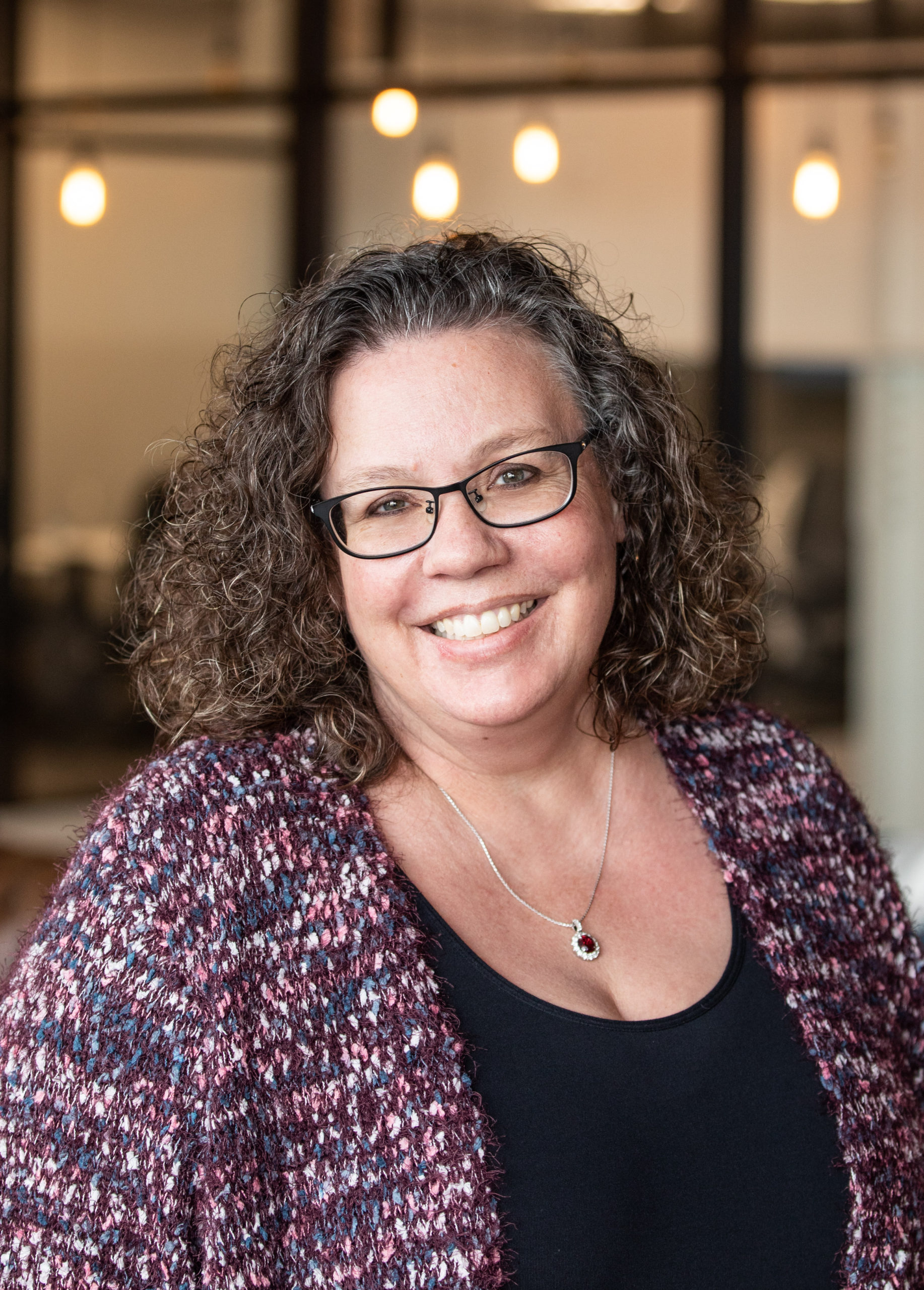A strong company culture is something all HR leaders are striving for–especially given the pressures of the hot job market and the new, pandemic-driven employee expectations.
For Hollie Delaney, culture was at the heart of her work at Zappos, the e-commerce venture lauded for its fun, family-like work atmosphere. Delaney spent 14 years with the company, starting as a senior HR manager and later being named CHRO and then chief people strategist. The company was helmed by CEO Tony Hsieh for more than 20 years; Hsieh retired in August 2020 and died in a house fire in November.
Last fall, Delaney departed the Amazon-owned business and took on a new role as chief people officer of Power Home Remodeling, a national remodeling company with more than 2,500 employees
Delaney recently shared the biggest culture lessons she took away from Zappos and her plans for incorporating them into the future of Power.
HRE: During your time at Zappos, the company became known for its culture. What were the most impactful actions you took to fuel the success of that culture?

Delaney: The most impactful thing we were able to do was create an environment where people could be themselves and bring their whole selves to work. It was very important to us that we had that environment where people could bring those little quirky things about themselves they don’t usually share in an office setting to make them feel more whole. It helped us become more diverse, more fun and better able to really see people for who they are.
See also: Your culture has changed. Here’s how to shape it for the future
HRE: How did you personally bring your whole self to work at Zappos?
Delaney: I remember this from my interview at Zappos … They asked me what my current boss would have said about me and I said that “I’m fun but a little weird,” and they asked why that was and I said, “Well, I carry a Mystery Machine lunchbox.” My boss at my previous job said, “You really don’t care what people think about you, do you?” So, it was little things like that: my lunchboxes, fidget toys–if you walked into a CHRO’s office, you wouldn’t expect to see a Mystery Machine lunchbox sitting on the back table.
HRE: The concepts of self-organization and autonomy were part of the strategy at Zappos. What do you think is the value of those approaches today, especially given the pandemic and shift to remote work?
Delaney: Very valuable. One of the things that I learned at Zappos is around ownership and accountability–not in the traditional sense but, rather, what are the pieces in your job that you can take ownership of and be accountable for? Really being able to define those things. Each person had an understanding of how their work feeds the company and the company had that understanding as well and that’s really important for all employees, especially in a time like right now. That’s one of the things I’m looking forward to doing here–taking the value of that concept and working it into the workplace we have at Power.
HRE: What was your day one priority at Power Home Remodeling?
Delaney: The most important thing to me was to first understand the business itself. My background is in online retail; I had some brick-and-mortar retail experience but I had mostly been in an e-commerce-type space. So, coming into Power, I knew it was a great company with a great culture, but I was like, “I know nothing about the home remodeling space.” So, I wanted to spend time learning what that means, how people work within the system here, what the jobs looked like and felt like. I spent time doing that learning piece but also building relationships and understanding what drives Power from a culture standpoint as well.
Related: Talent, innovation and 4 more themes from the 2021 HR Tech Conference
HRE: Where does Power stand on remote, hybrid and on-site work?
Delaney: Having face-to-face connections, being together, is vital, especially in types of cultures like at Zappos and Power. The ability to connect and have those serendipitous interactions is really important. One of the things we didn’t want to do was throw out all the things we learned while we were away from the office. So, we’ve just started slowly coming back into the office and evaluating what a hybrid environment would look like.
HRE: How much more challenging is it to work on issues like culture and employee experience during a time like now, with remote work and ongoing pandemic-driven disruptions?
Delaney: I think the biggest part, especially during the time people were away–and, for me, coming from an environment like Zappos and the environment at Power is very similar from a culture standpoint–is that it was really difficult to continue that type of family-oriented environment when we didn’t have the opportunity to be together. [It was harder] to do those fun things, to have the connections, to have face-to-face interactions. So, we’ve been trying to find ways to do more of that: through regular communication, things like virtual happy hours and virtual team-building–doing all those things that help employees enjoy one another and their work.
HRE: How is Power communicating with the workforce about the new rules expected from the Department of Labor mandating vaccines or weekly testing?
Delaney: We hadn’t previously mandated vaccines; they were strongly encouraged but we didn’t mandate. Right now, because Power has offices in 17 territories across the U.S.–from Philadelphia to Phoenix–we’re really taking our time and waiting for the rule to come out from the Department of Labor and OSHA and doing our due diligence. We’re looking through [the laws in] all the states to make sure we’re doing the right thing and following everything that needs to be followed. When we get the rule, we’ll be able to dive in and can then communicate to employees through our town hall meetings that we hold on a monthly basis and also to the vice presidents to help them be prepared to answer questions, and we’ll also have communications on the ground.
Read more Insights from a CHRO here.
 HRE: The so-called “Great Resignation” is a major concern for many employers today–where do you think HR leaders should be focusing their efforts in order to stave off that crisis?
HRE: The so-called “Great Resignation” is a major concern for many employers today–where do you think HR leaders should be focusing their efforts in order to stave off that crisis?
Delaney: It’s really around providing an environment that employees want to be a part of–making your workplace a great place to work. You don’t want to be somewhere that sucks. You spend so much time at work and in your job and give so much of yourself to your job so I think HR needs to be looking at the environment and how to make the workplace one where employees want to be and that makes them want to pick you. At any time this is really important, but especially now that there is a lot of competition–employees have to love where they work.
HRE; Given the additional challenges HR leaders have faced over the last year-and-a-half, how have you personally sought to reduce your risk for burnout?
Delaney: Especially in the HR space, there are so many different things going on so it’s easy to burn out and get overly stressed. What I try to do is remember the bigger-picture purpose of why I wanted to work in this space. I’ve always wanted to make a workplace better, somewhere that people want to be. So, I keep that greater purpose in mind and look at how what I’m doing feeds that greater purpose and, if there are things I’m doing that don’t feed that, then why am I doing them? I try to keep that bigger-picture purpose in mind to help feed my soul.



